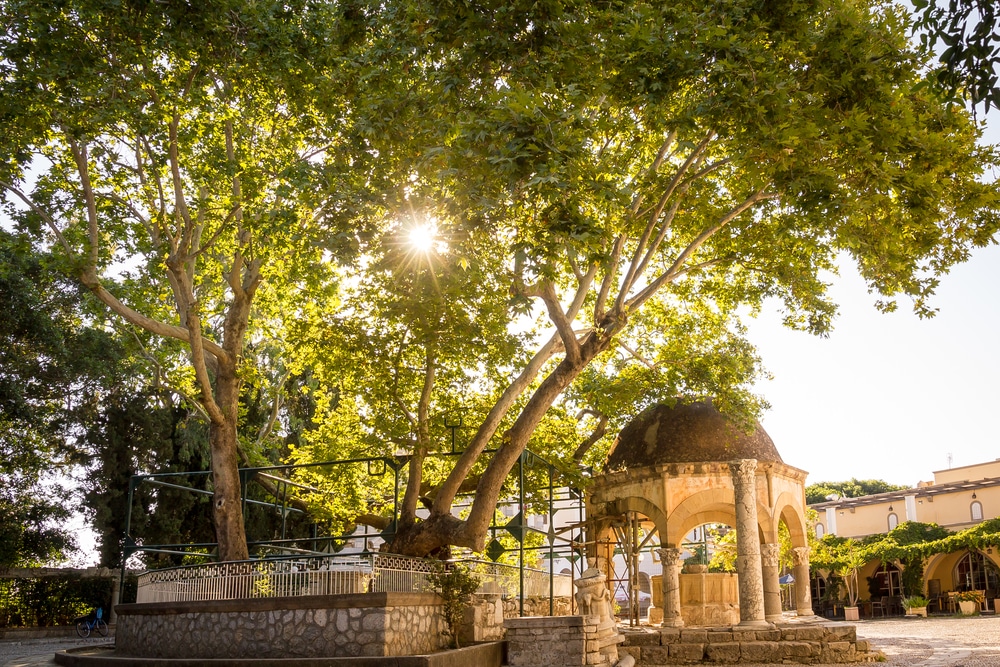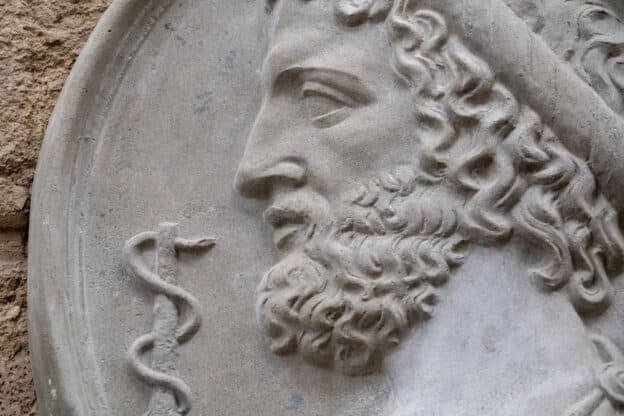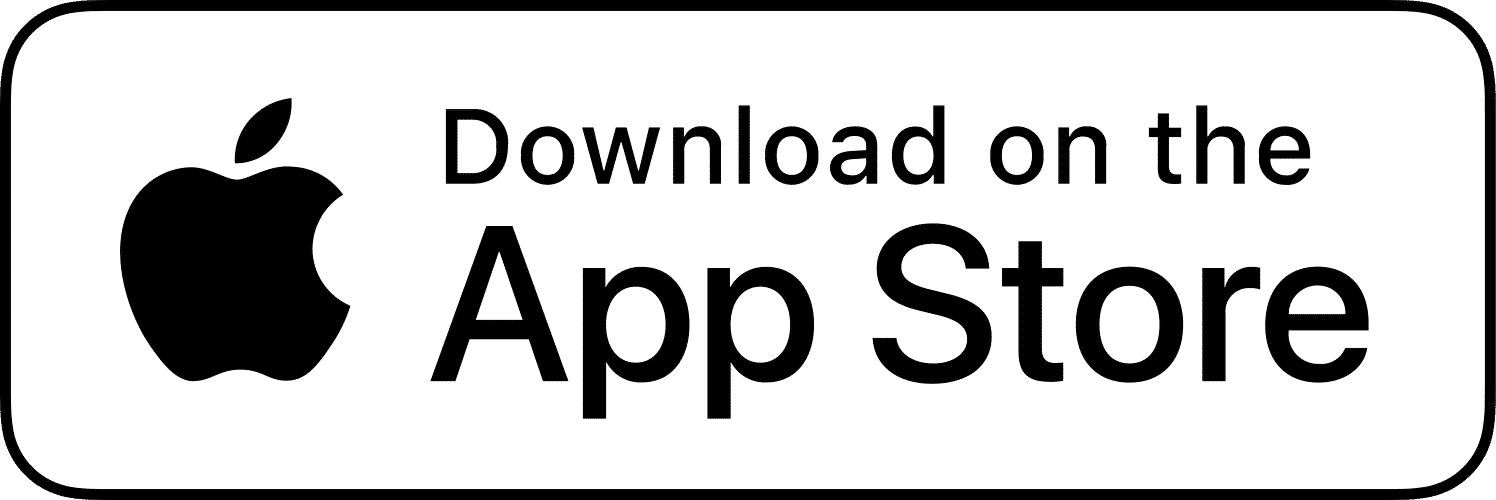Overall, this course is organized into the following units.
In the prelude lesson on Frameworks, you will cultivate three professional skills: religious literacy, legal literacy, and science literacy. Throughout the semester, you will apply these literacies as conceptual frameworks to examine case studies about religion and health––moral dilemmas experienced in communities, schools, and hospitals.
In Unit I. Communities, you will apply social science research about diverse religious responses to COVID-19. You will analyze case studies about the helpful or harmful roles that community leaders, religious professionals, and houses of worship played in managing the pandemic.
In Unit II. Schools, you will explore the legal parameters and political challenges to vaccine mandates in K-12 schools. You will study how legislatures, school boards, state health agencies, school administrators, and school nurses responded to requests for medical, philosophical, and religious exemptions. You will examine case studies that emulate best practices for how science communicators, school leaders, and religious leaders combated misinformation and disinformation about vaccines.
In Unit III. Hospitals, you will examine the complex ways patients and healthcare professionals understand the body, illness, healing, life, and death. You will study the religious, spiritual, or philosophical ideas that drive people during personal health crises. You will also explore case studies about hospital chaplains and their work with multidisciplinary healthcare teams.
In Unit IV. Professional Integration, you will offer an in-class presentation about how your three civic competencies—religious, legal, and science literacies—apply to a profession of your choice. This course is made possible by a generous curriculum-designing grant from Interfaith America.






